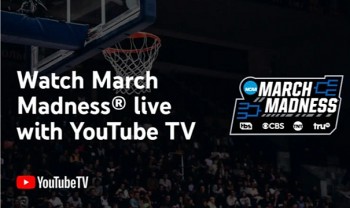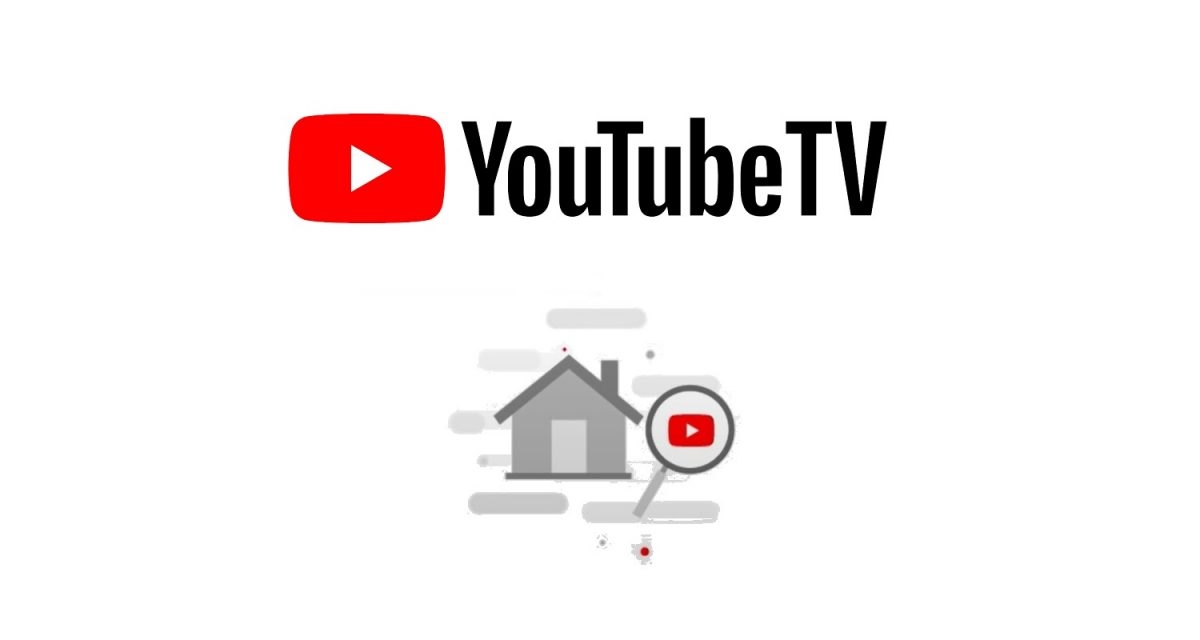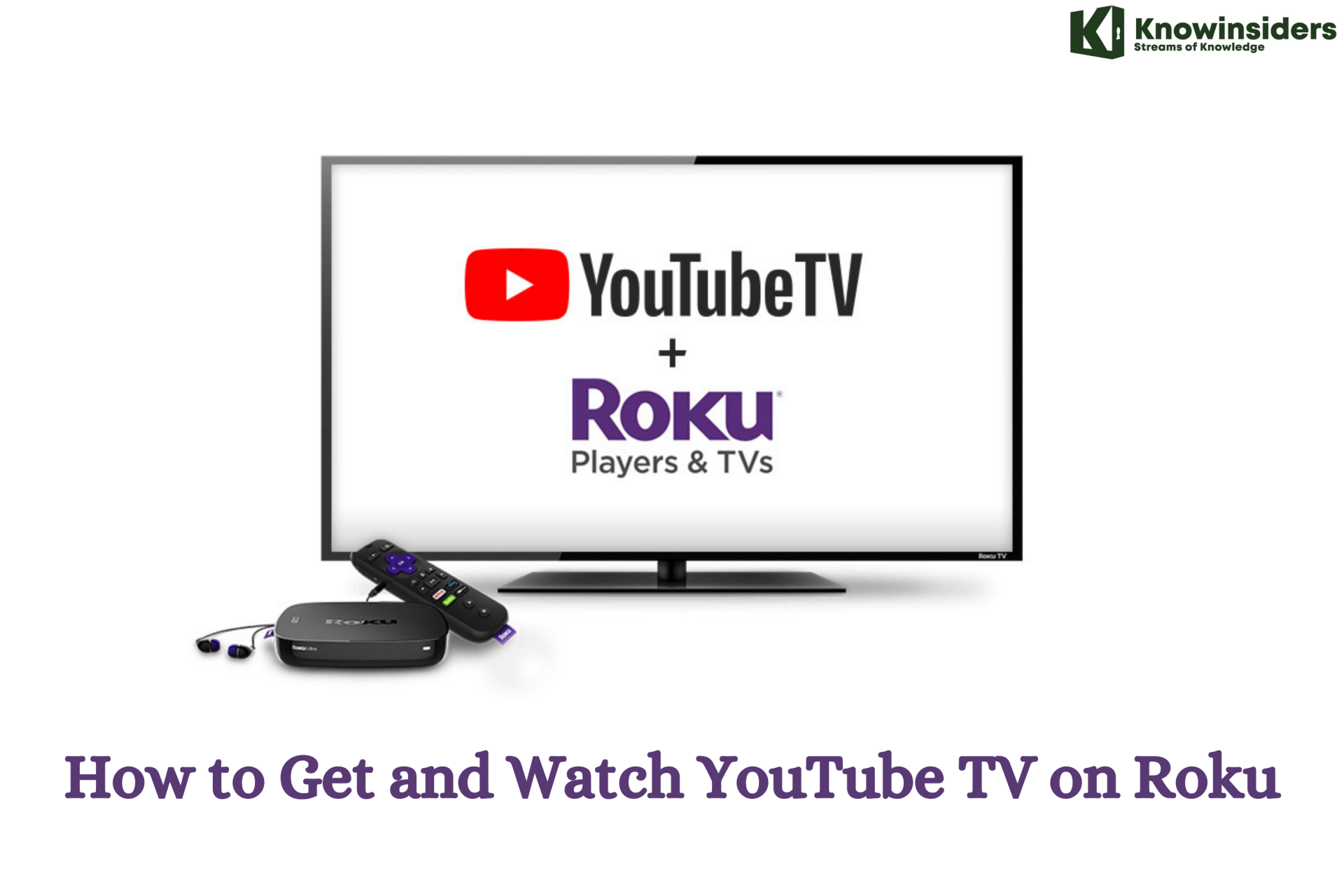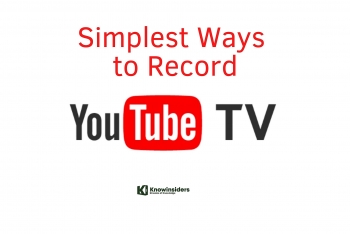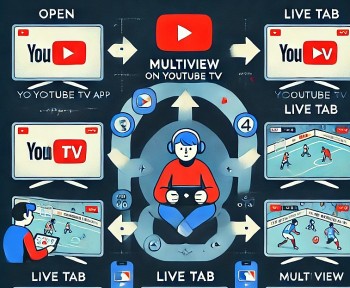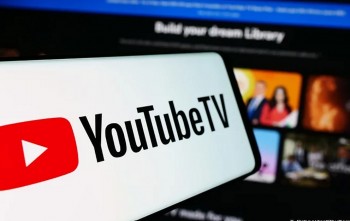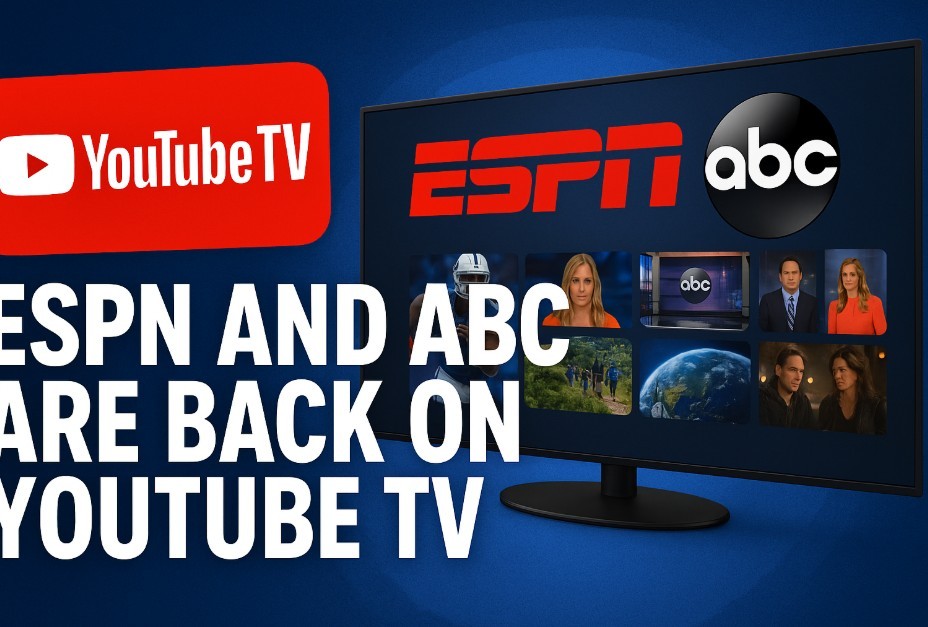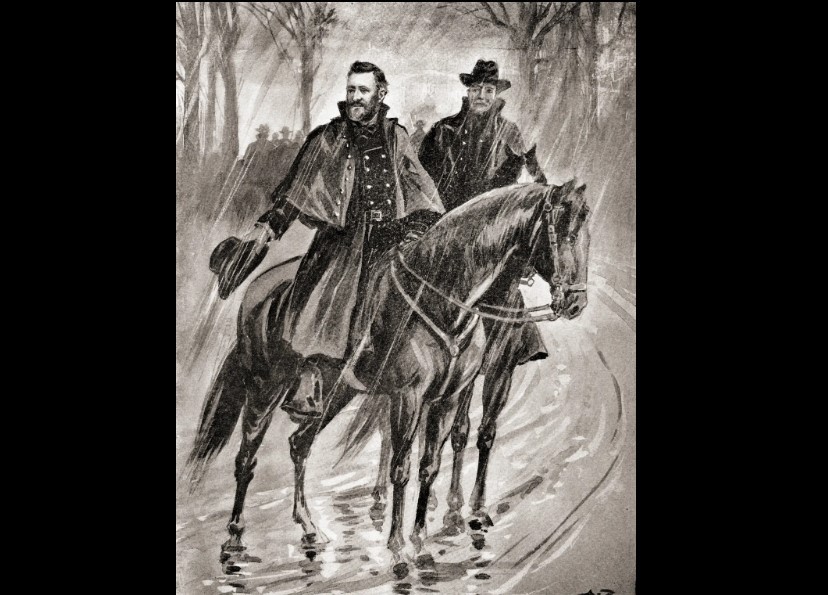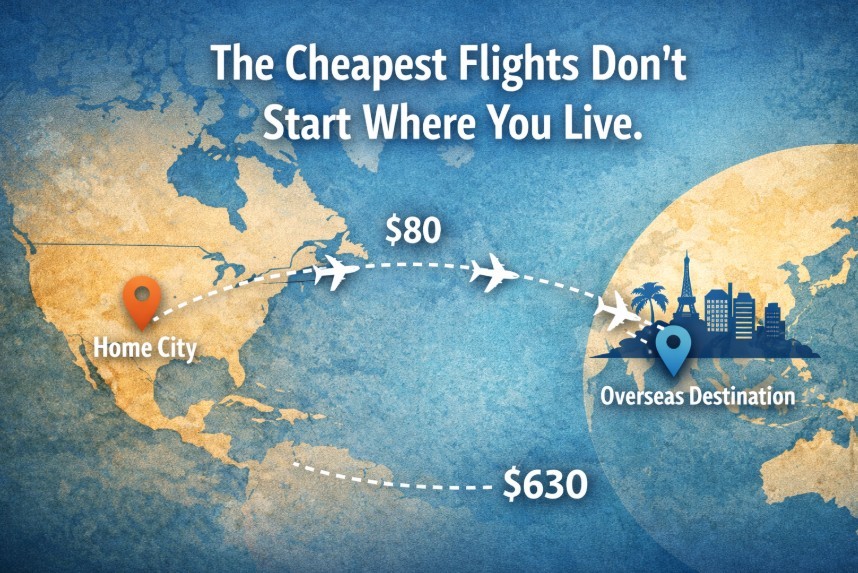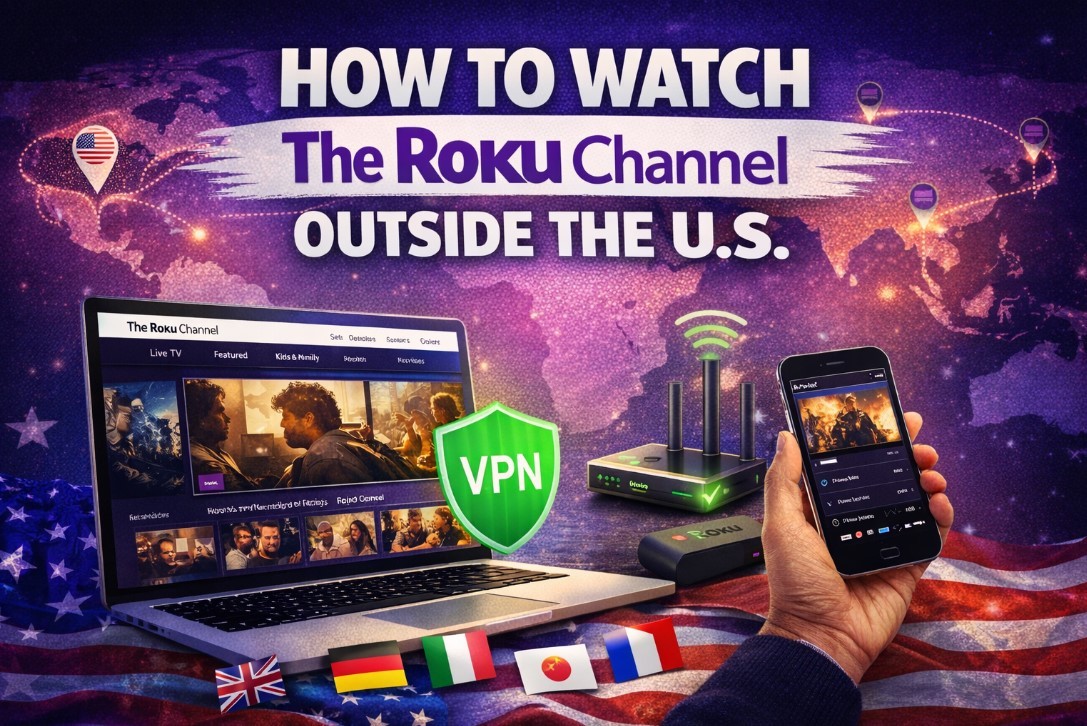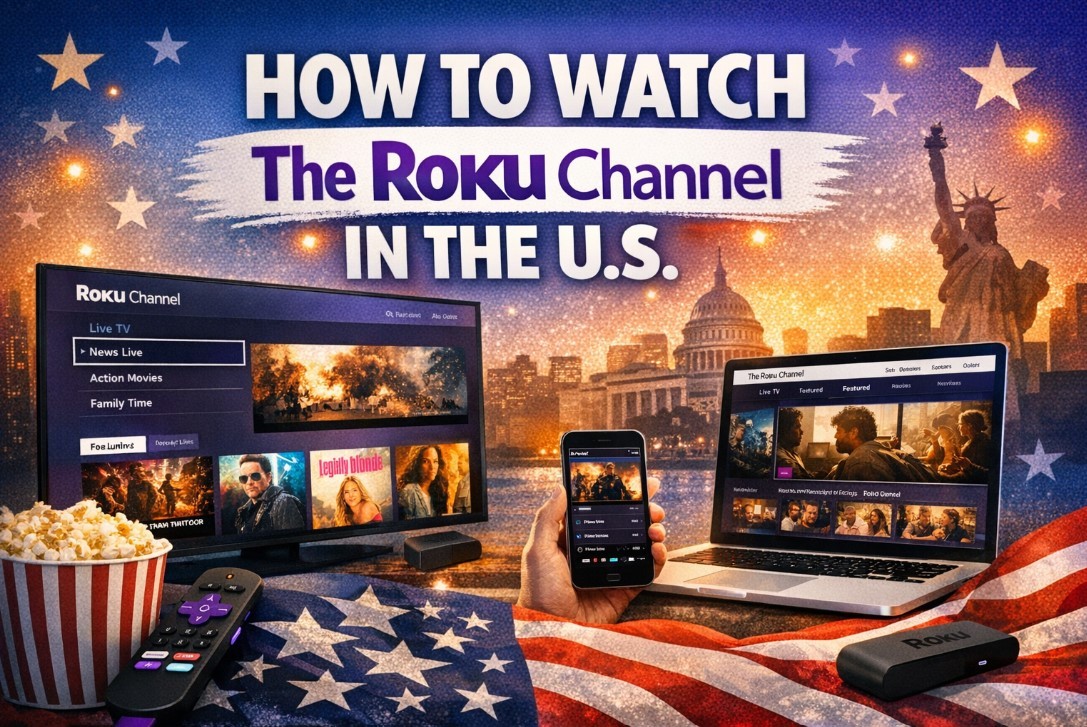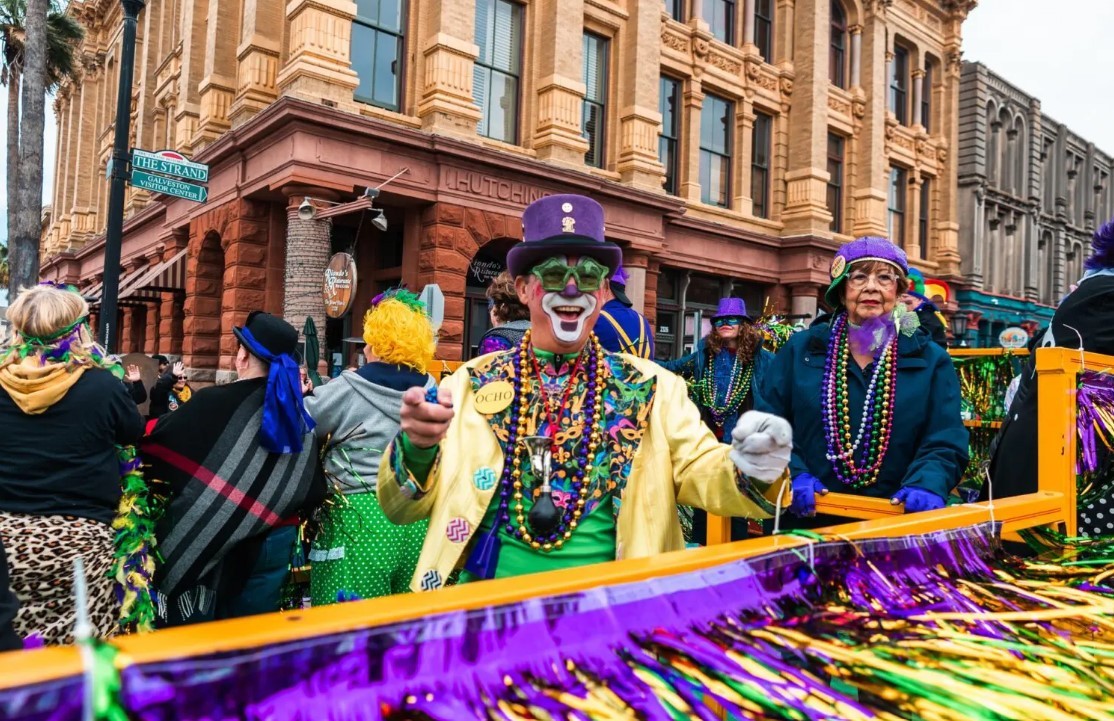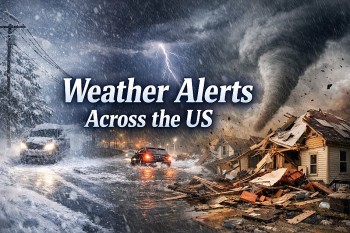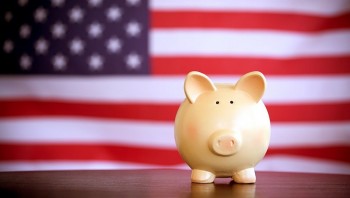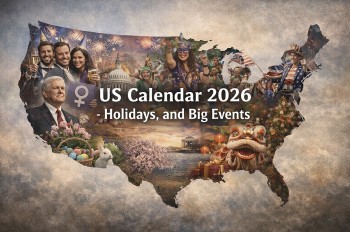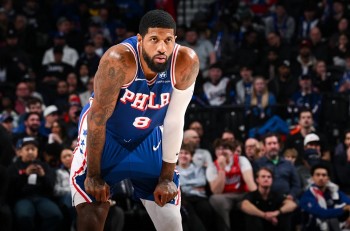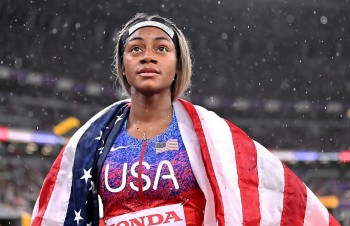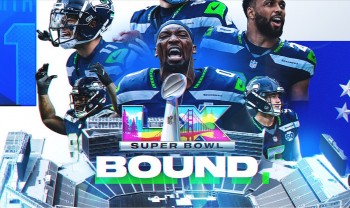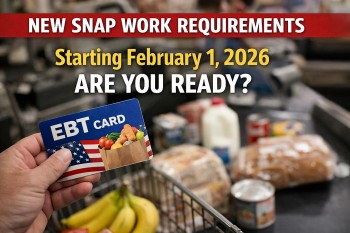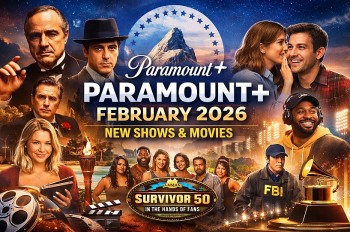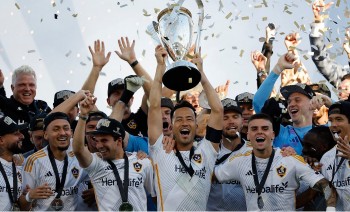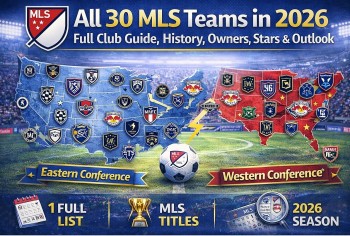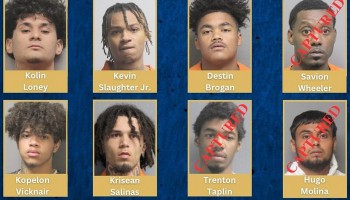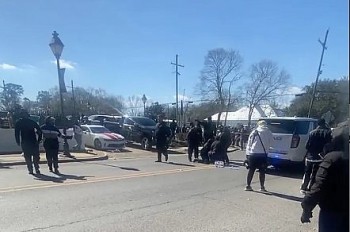ESPN and ABC Are Back on YouTube TV: What Happened, Why It Matters, and What Comes Next for Cord-Cutters
A Blackout That Exposed the Fragility of Modern Streaming
When ESPN, ABC, and dozens of Disney-owned channels abruptly vanished from YouTube TV, subscribers across the United States were stunned. Live sports halted mid-season. Local news broadcasts disappeared. Primetime entertainment shows went dark.
Although the blackout lasted a short period, its impact was enormous. YouTube TV is one of America’s largest live-streaming platforms, and ESPN is arguably the single most important sports network in the country. Their split was more than a temporary inconvenience—it revealed deep structural tensions in the streaming industry and raised serious questions about the reliability of digital television.
Now that ESPN and ABC have returned, subscribers want answers.
This article breaks down the real reasons behind the outage, the consequences for viewers, the terms that likely shaped the new agreement, and what this event tells us about the future of cord-cutting in America.
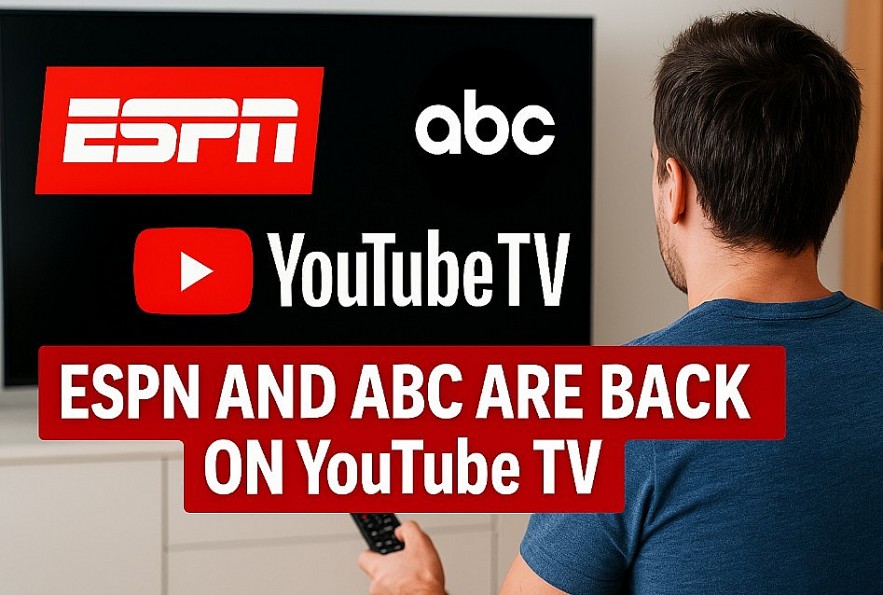 |
| ESPN and ABC Are Back on YouTube TV |
Why ESPN and ABC Disappeared in the First Place
The blackout stemmed from a familiar but increasingly intense battle: carriage fees. These are the payments a distributor (in this case, YouTube TV) must pay a broadcaster (Disney) to carry their channels.
Disney’s Demands
Disney has some of the most expensive channels in the entire TV ecosystem:
-
ESPN and ESPN2
-
ABC and its local affiliates
-
SEC Network, ACC Network
-
FX, FXX, Freeform
-
National Geographic
Sports broadcasting rights for the NFL, NBA, NCAA, UFC, and college conferences have soared for more than a decade. Disney argued that rising production costs required higher fees from distributors.
Google’s Pushback
YouTube TV has fought hard to position itself as an affordable alternative to cable.
A significant increase in fees would almost certainly trigger:
-
A higher monthly subscription price
-
A wave of cancellations
-
Competitive disadvantages vs. Hulu + Live TV, FuboTV, Sling
Google publicly stated it wanted “fair pricing to avoid raising costs for subscribers.”
Negotiations Collapse
When the two sides failed to reach a new agreement before the contract expired, Disney pulled all of its linear channels from YouTube TV. This triggered the blackout.
This was not the first time Disney entered a dispute like this. It had past contract standoffs with Charter Spectrum, Dish Network, and DirecTV. But the YouTube TV conflict may be the most consequential because of streaming’s crucial role in the future of live TV.
What the Outage Meant for Millions of Users
The impact was immediate and widespread.
Sports Fans Were Hit the Hardest
ESPN controls some of the most valuable sports rights in the world. The blackout caused:
-
Loss of Monday Night Football
-
NBA nationally televised games unavailable
-
College Football bowl games inaccessible
-
UFC and Top Rank fight nights interrupted
-
Impact on fantasy sports, sports betting, and watch parties
For many viewers, ESPN is the number-one reason they subscribe to YouTube TV.
Local ABC News and Weather Disappeared
ABC affiliates deliver:
-
Local morning news
-
Severe weather alerts
-
Primetime network programming
-
Election coverage
The outage left many without critical regional information.
Primetime Entertainment Was Gone
FX, FXX, Freeform, and National Geographic audiences also felt the impact.
Social Media Backlash Erupted
Users accused both Disney and Google of:
-
Greed
-
Lack of transparency
-
Leaving viewers in the dark during major sporting events
The hashtag #YouTubeTVBlackout trended for days.
The backlash put tremendous pressure on both companies to move quickly toward a new deal.
Inside the Negotiation: What Changed to Bring ESPN and ABC Back
While neither company disclosed the exact terms of the new contract, analysts familiar with the industry identified likely outcomes.
1. Disney Received Higher Carriage Fees
Disney holds powerful bargaining leverage due to ESPN’s dominance.
It almost certainly secured:
-
Increased distributor payments
-
Multi-year financial security
-
Guarantees on channel placement and marketing
2. YouTube TV Likely Received Flexibility on Bundling
Disney is preparing to launch a major ESPN direct-to-consumer streaming app.
YouTube may have negotiated:
-
Discounted bundling rights
-
Cross-platform authentication
-
The ability to integrate ESPN+ or ESPNDTC into its interface
3. Both Companies Avoided a Prolonged Standoff
A long blackout would have hurt everyone:
-
Disney would lose millions of daily ESPN viewers
-
YouTube TV would face mass cancellations
-
Advertisers would lose live impressions
This pressure pushed both sides to reach a fast resolution.
4. The Agreement Is Almost Certainly Multi-Year
Subscribers should not expect another blackout immediately.
The new deal is expected to last several years—though nothing is guaranteed in the streaming era.
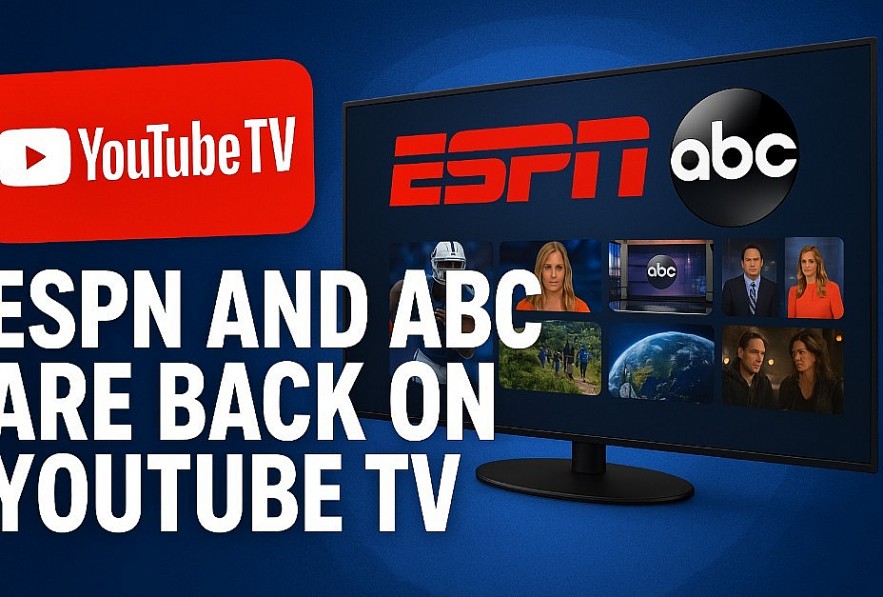 |
| ESPN and ABC Are Back on YouTube TV |
How YouTube TV Compensated Subscribers
Because the blackout disrupted essential content, YouTube TV issued:
-
Automatic refunds or credits to eligible accounts
-
Pro-rated compensation for affected users
-
Assurance that no manual request was needed
This gesture helped reduce customer frustration and control cancellation rates.
However, compensation cannot replace the lost games—particularly for fans who follow NFL, NBA, or college football.
This reinforced a painful truth: live sports cannot be paused. When they’re gone, they’re gone.
Why This Fight Signals a Much Larger Crisis for Streaming
The dispute highlights several major industry issues.
1. Sports Rights Costs Are Exploding
Broadcasters are paying unprecedented amounts for:
-
NFL contracts
-
NBA new rights deals
-
College Football expansions
-
UFC, boxing, global soccer rights
These rising costs inevitably get passed down to consumers.
2. Streamers Are Becoming “New Cable”
YouTube TV, Hulu Live TV, Fubo, and Sling were meant to be cheaper alternatives.
But rising costs mean:
-
Subscription prices are rising
-
Packages resemble old cable bundles
-
Blackouts are becoming common
The promise of “cutting the cord” is fading.
3. Disney Is Preparing for ESPN to Go Fully Streaming
Disney’s future is digital.
The company has openly stated plans to:
-
Launch a full ESPN streaming platform
-
Combine sports, betting, and interactive features
-
Shift away from traditional cable dependency
This makes negotiations with distributors more complicated.
4. Tech Platforms Are Challenging Old Broadcasters
Google, Apple, Amazon, and Netflix now compete directly for:
-
Live sports streaming
-
Rights deals
-
Advertising
-
Live TV dominance
The YouTube TV blackout was a preview of future battles between Silicon Valley and traditional media giants.
What Subscribers Should Expect in the Next 12 Months
1. Prices Will Probably Increase
YouTube TV has raised prices several times:
-
$35 (launch) → $50 → $64.99 → $72.99
Given Disney’s higher fees, another increase is likely.
2. New Sports Bundles Could Appear
Google may introduce:
-
A premium sports tier
-
Bundles with ESPN streaming
-
Multi-view enhancements for major sports events
3. Fewer Channels Could Be Removed in the Short Term
The new Disney–Google deal is multi-year.
Blackouts may still happen with other networks, but this relationship is stable for now.
4. ESPN’s Streaming App Will Change the Game
Launching in 2025, ESPN’s new platform will offer:
-
Live sports simulcasts
-
Data overlays
-
Personalized viewing
-
Sports betting integrations
-
Choose-your-angle camera feeds
This may become the most advanced sports streaming experience ever released.
Expert Opinions: What Analysts Say
Television industry analysts largely agree on several points.
ESPN Is Becoming More Valuable, Not Less
Live sports remain one of the few forms of content audiences prefer to watch live.
ESPN dominates this field.
The Future Is Hybrid Distribution
Analysts expect:
-
ESPN on YouTube TV
-
ESPN on its own app
-
ESPN+ as a secondary platform
This “tri-platform strategy” will maximize revenue.
Blackouts Will Continue Industry-Wide
Experts warn that:
-
More disputes are likely
-
Bundlers face profit pressure
-
Every streaming service will need to raise prices
The only question is when—not if.
Conclusion: A Temporary Win or the Start of a Larger Battle?
The return of ESPN and ABC to YouTube TV is a clear win for subscribers.
Sports fans regain essential programming.
Local news viewers regain critical information.
Parents regain children’s channels.
Entertainment viewers regain FX and National Geographic.
But the blackout exposed major vulnerabilities in the modern live TV ecosystem.
Streaming is no longer a cheaper, simpler, more stable replacement for cable.
It is becoming the new cable—complete with rising prices, corporate fights, and unpredictable disruptions.
Subscribers should enjoy the restored channels while also preparing for a rapidly evolving—and increasingly expensive—future.
FAQs
Why did ESPN and ABC disappear from YouTube TV?
Because Disney and Google failed to agree on new carriage fees before the contract expired.
Has everything returned?
Yes. Every channel—including ESPN, ABC, FX, National Geographic, and sports networks—is restored.
Will my subscription price go up?
Not immediately, but analysts expect a future increase.
Will ESPN launch its own streaming service?
Yes, in 2025.
Could another blackout happen?
Yes, but the new multi-year agreement reduces the short-term risk.

